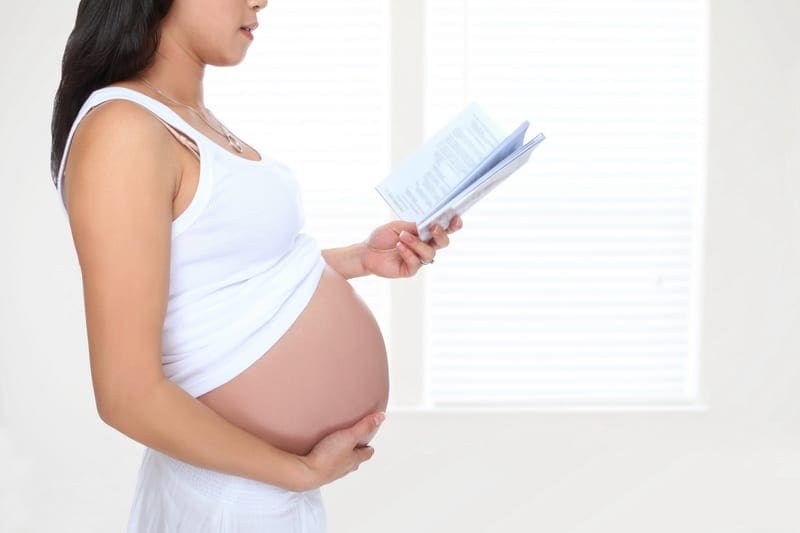According to most obstetricians, women who conceive outside the womb have a startling reality to face. In a natural setting, a woman’s egg is supposed to be implanted in the uterus where the baby can grow without any problems. However, in some cases, the egg is implanted outside the uterine wall or in the fallopian tube. This condition is dangerous for both the baby and the mother if it’s left unchecked. According to data from the American Pregnancy Organization, 64,000 women experience this strange and unnatural way of conceiving each year.
Early detection of an abnormal pregnancy is crucial because it can save the life of both the mother and child. If the problem is not detected early on, the mother may suffer from hemorrhage, shock, and ultimately, the death of both herself and her child. Surgery is typically done to remove the fetus from the site of implantation (which is usually NOT designed to expand and accommodate a full-term baby). However, if the abnormality is not detected early enough, this may not be possible.
In short, early detection of an abnormal pregnancy is vital to the health and safety of both the mother and child. If you suspect that you may be pregnant, be sure to consult with a medical professional as soon as possible.
Symptoms of this type of gestation can include:
– Back pain, in the lower back/lumbar region and/or the pelvic area.
– Menstrual period disruptions or abnormal vaginal bleeding.
– Mild to moderate cramping in the pelvic area.
If there is a rupture or bleed at the site of implantation, it may cause: – Low blood pressure, which could lead to fainting spells.
– Intense and sharp pain in the lower abdomen.
– Unrelenting pain in the shoulder or upper arm.- Feeling an intense pressure in the rectal area.
If you have a ruptured ectopic pregnancy, your treatment options will include shock management and laparoscopic surgery. Your doctor may give you a blood transfusion, fluids replacement, cover you with a warm blanket, give additional oxygen and raise your legs to prevent shock. In some cases, the doctor may opt to remove your fallopian tube.
Avoiding certain conditions may help prevent pelvic organ prolapse (POP). Pelvic inflammatory disease, sexually transmitted disease, salpingitis and smoking are considered risk factors that contribute to its occurrence. Some oral contraceptives and intrauterine devices (IUDs) are seen to link with this condition. However, the use of NuvaRing may have the same effect if used incorrectly. Several women have even taken a NuvaRing contraceptive device legal action against its manufacturer.
ABOUT THE AUTHOR:
NuvaRing contraception devices have been known to have several harmful side effects when used incorrectly, with many women taking legal action against its manufacturer. If you want to learn more about these stories, visit the NuvaRing Lawsuit Information Center or nuvaring-lawsuit.com for more information.











